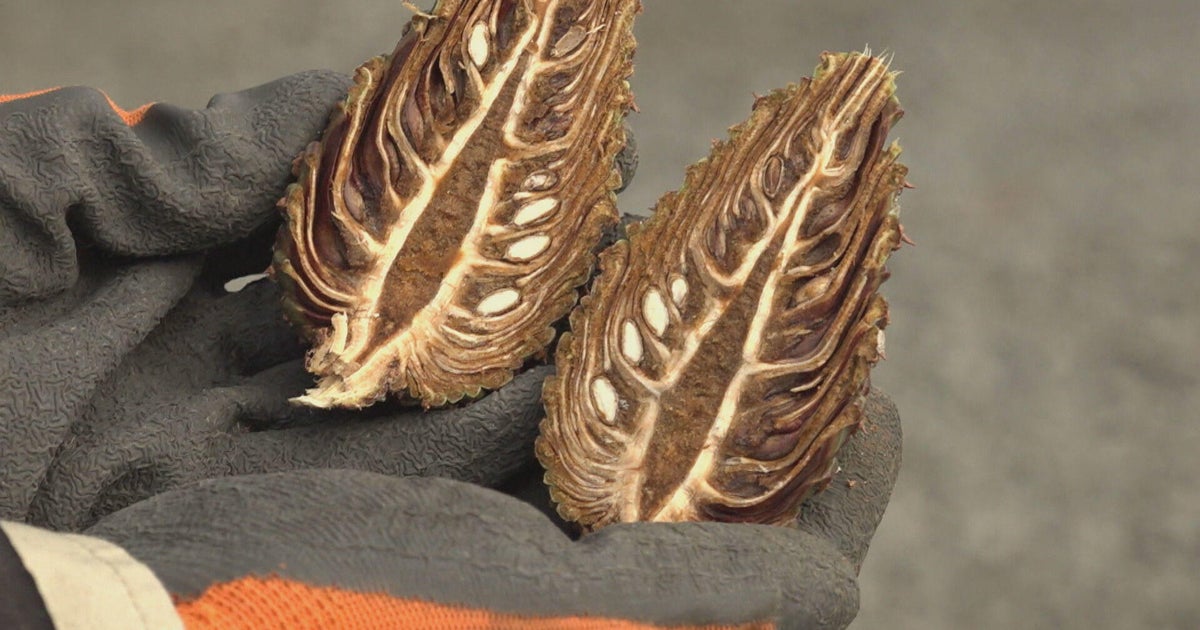Researchers hope new vaccine could improve odds for pancreatic cancer
Bruce Toma, 69, is making plans for traveling and sprucing up his house. That's a far cry from the fall of 2017, when he was diagnosed with pancreatic cancer. The disease and chemo left him in terrible shape.
"I was violently sick, I was losing weight terribly. And what I would eat, I couldn't keep down or it would just pass right through me," Toma said.
Toma faced a grim prognosis.
The pancreas is a gland located deep in the abdomen between the stomach and the spine. When cancer develops, symptoms tend to be vague, and diagnosis often comes after the cancer has already spread beyond the pancreas.
For the past decade, Dr. Elizabeth Jaffee of the Kimmel Cancer Center at Johns Hopkins has been bringing cutting-edge technology to the fight. A vaccine that teaches the body's immune cells, called T-cells, to recognize and attack the cancer.
"What it can do very efficiently is deliver the protein, the pancreatic cancer protein, to the immune system and say 'Hey T-cells, recognize me,'" Jaffee said.
After chemo, radiation, and surgery were unsuccessful, Toma joined the vaccine trial last summer. So far, he's doing well. Jaffee said his scans were "totally clean" in February.
"My body has come back and the tissue has come back. Yeah, I feel really good," Toma said.
As researchers continue to look for better ways of treating pancreatic cancer, they're also trying to figure out ways of picking it up earlier before it has spread.
"This is something we would want to follow in a high-risk patient," said Dr. Diane Simeone.
Simeone heads the pancreatic cancer center at NYU-Langone health in New York. Her mission: Early diagnosis of a disease with few symptoms.
She's been screening people at high risk. She said they don't want to focus on people who are getting tested "willy nilly."
"We do want to focus on people who have two or more family members who have pancreas cancer or people who might have a mutation that might put them at higher risk," she said.
It's early days for this type of testing and for the new vaccine treatment, but researchers are hopeful the odds can finally improve for this deadly disease.






